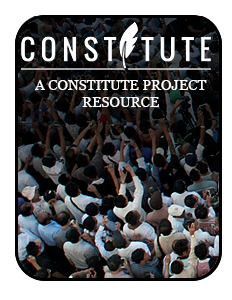The French colonies of Senegal and French Sudan were merged in 1959 and granted independence in 1960 as the Mali Federation. The union broke up after only a few months. Senegal joined with The Gambia to form the nominal confederation of Senegambia in 1982. The envisaged integration of the two countries was never implemented, and the union was dissolved in 1989. The Movement of Democratic Forces in the Casamance has led a low-level separatist insurgency in southern Senegal since the 1980s, and several peace deals have failed to resolve the conflict. Nevertheless, Senegal remains one of the most stable democracies in Africa and has a long history of participating in international peacekeeping and regional mediation. Senegal was ruled by a Socialist Party for 40 years until Abdoulaye WADE was elected president in 2000. He was reelected in 2007 and during his two terms amended Senegal's constitution over a dozen times to increase executive power and weaken the opposition. His decision to run for a third presidential term sparked a large public backlash that led to his defeat in a March 2012 runoff with Macky SALL, whose term runs until 2019. A 2016 constitutional referendum reduced the term to five years with a maximum of two consecutive terms for future presidents.
Senegal is a presidential republic.
Source: CIA World Factbook
Members:
Resources
Displaying 16 - 20 of 55Décret Primatoral n° 2006-12 du 10 janvier 2006 portant création de l’Agence nationale des Expropriations et Relogements (A.N.E.R.).
Le présent décret crée une Agence nationale chargée des Expropriations et Relogements (ANER), ayant pour objet la mise en œuvre des expropriations au profit de l’Etat et le désintéressement des victimes de ces opérations.
Constitution of Senegal 2001 (rev. 2009)
The President promulgated the constitution after it was approved in a national referendum.




